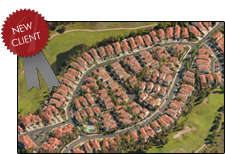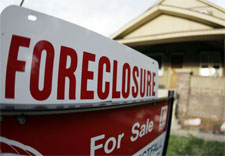 Be sure to check out Steve Tinnelly’s latest article he authored for the “OC View,” an educational bi-monthly magazine published by the Orange County Regional Chapter of the Community Associations Institute (CAI).
Be sure to check out Steve Tinnelly’s latest article he authored for the “OC View,” an educational bi-monthly magazine published by the Orange County Regional Chapter of the Community Associations Institute (CAI).
The article, entitled “Foreclosure Face-Off,” compares and contrasts the two foreclosure processes available to California HOAs in their assessment collection efforts (non-judicial and judicial foreclosure). It discusses the primary advantages and disadvantages associated with each process, and how they may be impacted by economic factors and issues unique to each delinquency. Our firm is privileged to have the opportunity to work with CAI and to contribute to its educational efforts. For more information on CAI, we encourage you to visit its website at caionline.org.
|
Tinnelly Law Group is proud to provide its clients with access to comprehensive, attorney-supervised assessment collection services through the use of its affiliate, Alterra Assessment Recovery (“Alterra”). Alterra’s service offering includes both foreclosure processes, and an array of ancillary services developed to resolve delinquent matters as quickly and efficiently as possible. For more information on Alterra, visit its website at alterracollections.com. |
 HOA Lawyer Blog
HOA Lawyer Blog


 We are proud to announce that the Laurel Pointe Community Association has selected Tinnelly Law Group as their association’s legal counsel.
We are proud to announce that the Laurel Pointe Community Association has selected Tinnelly Law Group as their association’s legal counsel.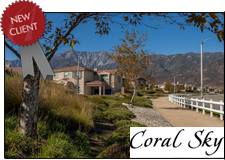 We are proud to announce that the Coral Sky Homeowners Association has selected Tinnelly Law Group as their association’s legal counsel.
We are proud to announce that the Coral Sky Homeowners Association has selected Tinnelly Law Group as their association’s legal counsel. The ability of California homeowners associations (“HOAs”) to adopt and enforce restrictions on the renting of units has been limited by
The ability of California homeowners associations (“HOAs”) to adopt and enforce restrictions on the renting of units has been limited by  We are proud to announce that the Mountain Estates Community Association has selected Tinnelly Law Group as their association’s legal counsel.
We are proud to announce that the Mountain Estates Community Association has selected Tinnelly Law Group as their association’s legal counsel.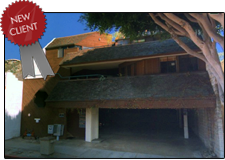 We are proud to announce that the Loma Building Owners Association has selected Tinnelly Law Group as their association’s legal counsel.
We are proud to announce that the Loma Building Owners Association has selected Tinnelly Law Group as their association’s legal counsel. *Asked & Answered
*Asked & Answered
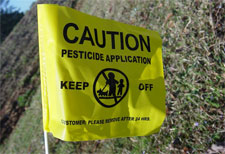 *New Library Article
*New Library Article